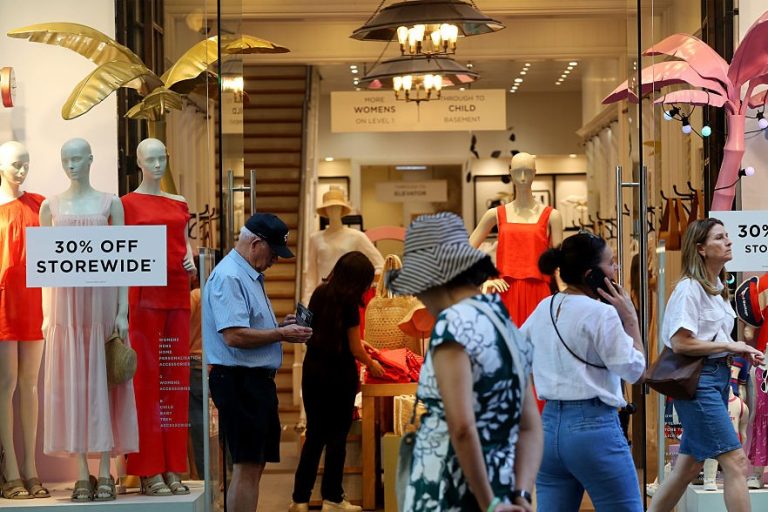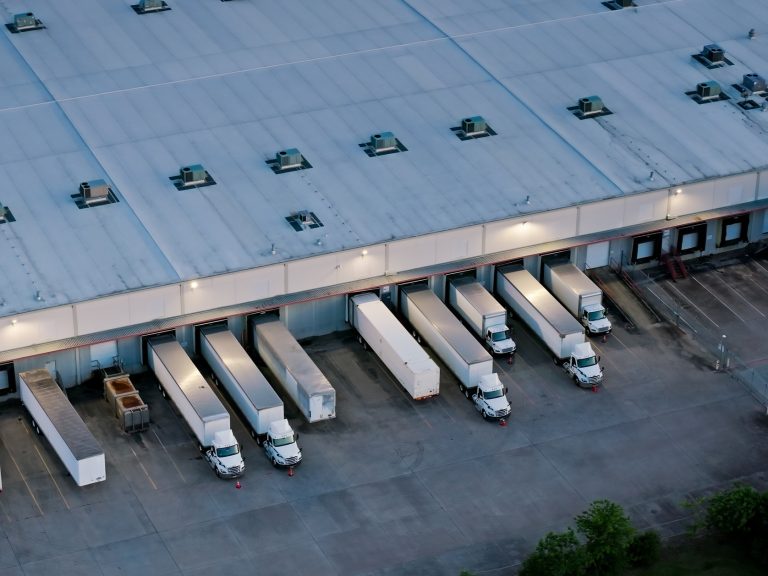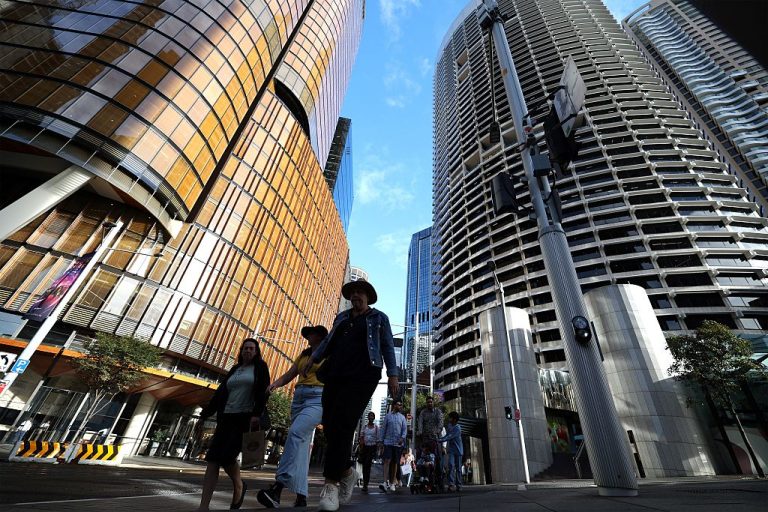What commercial properties should investors chase in 2022?

Industrial assets have experienced impressive growth and popularity in 2021’s commercial market, along with specialist services including childcare.
In comparison, office and retail transactions have experienced a sharp decrease with COVID lockdowns and similar changing how investors assess asset risks and returns.
Economist experts explain the pick of 2021’s best commercial investment opportunities.
How much has COVID affected the commercial market?
COVID has only exacerbated changes that have been brewing for years, Knight Frank chief economist Ben Burston said.
He believes this is due in large part to growing online demand as compared to shopping in-store, which was becoming less popular as far back as 2015.
“The pressure that was already there on retail has been exacerbated through COVID because there’s now movement restrictions,” Mr Burston said.
“The pre-COVID period was a period of quite strong growth for commercial property.
“The office and industrial sectors were performing very strongly and delivering year-on-year, double-digit returns, sustained over several years.
“But the retail sector diverged from that.”
Mr Burston said this divergence began around 2015, with retail market values particularly weakening in secondary shopping centres and stores with few nearby amenities, which people had to drive to.
“I think increasingly with the rise of online shopping, there was just less of a need for (this travel) and so the property values were feeling the effect,” he said.
Why are industrial assets doing so well?
Again, technology and the rise in a broad mix of e-commerce, in particular, has seen industrial assets – including third-party logistics providers and increasingly modern supply chains – push ahead in value and interest.“Right across the board, whatever city you look, industrial property is not only the flavour of the month but it’s been the flavour of the last few years,” Mr Burston said.
In the June quarter of 2021, industrial assets far outweighed their office and retail counterparts when it came to commercial sales transactions, Real Capital Analytics Australia data revealed.
Industrial property accounted for 46% of such sales compared to office and retail’s 23% and 22% respectively. This trend towards industrial properties that help companies with online deliveries continues even when lockdowns ease, according to REA Group economist Anne Flaherty.
“The adoption of e-commerce and the amount of money that people spent online absolutely skyrocketed last year, and still remained quite high even when restrictions eased a bit,” Ms Flaherty said.
“This means you’ve got people looking to lease warehouse space for storage and they’re also rethinking their logistics hubs and distribution centres.
“We’re also seeing supermarkets like Coles, Woolies and Aldis really investing heavily in their distribution spaces.”

Coles, Woolworths and Aldi are now investing heavily in distribution spaces. Picture: Getty
Mr Burston believes COVID has only accelerated the growth of industrial properties, which has, in turn, led to compressed yields.
“The yield on industrial properties has been driven down,” he said.
“A year ago, prime industrial yields would have been in the high 4%-5% mark in Sydney and Melbourne.
“But we’re now seeing prime yields below 4% in Sydney, and they’re heading that way in Melbourne as well.”
Mr Burston said that with industrial assets now being the flavour of the month – and of the last few years – in virtually every Australian city, many investors were keen to feature more industrial spaces in their property portfolios.
Is it worthwhile investing in office and retail assets?
Mr Burston strongly believes office assets will always be worthwhile investments, despite the sector’s uncertainty due in part to the growth in working from home that has occurred during the pandemic.
“The experience over the past 18 months has impacted the perception of offices and raised a higher level of uncertainty compared to what people thought before,” he said.
“But on average, office values have held up and are not falling.
“In fact, we’re starting to see some growth coming back in some parts of the market.
“I also think investors are still keen to maintain a high level of office holdings, and with offices being the biggest commercial sector, most investors would have a very significant portfolio weighted to offices.”

Office assets are still worthwhile investments in spite of future uncertainties. Picture: Getty
However, while Ms Flaherty concurred there was still demand for office leases, she said there was still plenty of uncertainty around the asset’s future, which in turn made it a riskier asset.
“From an investor’s perspective, people don’t know if they’re going to face a higher level of vacancies in the future or whether some of their tenants might reduce the amount of space,” she said.
“Rents for offices have declined as well so … purchasing an asset class in which you expect rents might decline further from where they’re sitting right now is less attractive than buying industrial, where rents and values are rising.”
What other options could be profitable in 2022?
More experienced commercial investors should consider alternative or specialist sectors. Mr Burston suggests these could include:
- Data centres
- Cold storage
- Self-storage facilities
- Healthcare
- Real estate offices
- Hospitals
- Aged care
- Accommodation
He also supports similarly out of the box – but increasingly popular and valuable – investment opportunities such as build-to-rent companies and student accommodation.
“You’ve now got a much broader suite of sectors that people are looking at,” he said.
“If you had a conversation about commercial property 10 years ago, it would be very much focused on office, retail, and industrial.
“But now there’s an even further push on sectors that are perceived to be benefiting, or that have a demographic driver in their favour.”

Cold storage facilities are just one of many specialist sectors that experienced investors should consider. Picture: Getty
Ms Flaherty added childcare to the extra possibilities for investors to consider, with such assets offering fewer risks and greater stability.
Some investors are also seeing childcare as pandemic-proof properties, as they remain open during lockdowns that hurt retail buildings and to a lesser extent, offices.
“A few years ago, there was far more demand than there were available childcare places,” she said.
“But we’re now starting to see far more childcare centres built around Australia.
“Also, some people may have preferred childcare centres near their workplaces, but with people working from home a lot more, they’re now wanting childcare centres to be near their houses.”







